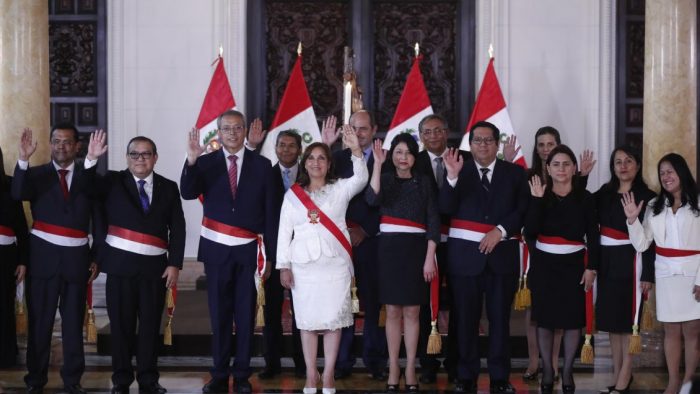The business of cryptocurrencies grows in Uruguay, and several agents in the field are betting on different commercial strategies that attract more consumers to this field.
In this sense, the global financial institution Visa is “substantially advancing” in the cryptocurrency market in Latin America and the Caribbean. The initiative is being developed through new alliances with agents that operate in Uruguay, which are based, for example, on card issuance. Visa has partnered with more than 70 cryptocurrency platforms worldwide.
“These (platforms) have chosen Visa to launch card programssince we offer infrastructure capabilities, consulting services and tools to better navigate the world of digital currencies and the emerging economy of NFTs”, said the general manager of Visa for Uruguay, César Ruiz, in exchange with The Observer. The token Non-Fungible or NFTs are unique digital assets that are encrypted.
Through these alliances, the clients of these platforms can spend in digital currencies in 80 million commercial stores distributed throughout the world.
Ruiz also explained that the financial institution will continue working in this direction. This strategy is based on a study carried out by Visa that indicates that nearly 40% of cryptocurrency owners “would likely switch from their main banks to one that offers cryptocurrency products”, Ruiz expanded.
In the region, visa placed several cryptocurrency card programs on the market, through different alliances with fintechs Y startups exchange of digital currencies.
One of these alliances linked Visa with the Ripio virtual wallet, a company that allows you to buy and sell cryptocurrencies. Ripio created the first international crypto card in Brazil.
It is “a prepaid card designed both for those who already trade cryptocurrencies, and for those who do not yet operate digital assets, but are interested in getting started,” he told The Observer the country manager of Ripio in Uruguay, Martín Benítez. Although this line of business is available in Brazil, although they hope to land it in Uruguay “by 2023,” said the CEO of the technology company, Sebastián Serrano.
With the incorporation of the card, the management of cryptocurrencies became more efficient. Before, the user had to compare the cryptocurrency, transfer that money to the virtual wallet (in this case, called Ripio Wallet) and then make the transaction. After the association with Visa, the Ripio Card is already connected directly to the wallet and all operations are made from the balance that is available there.
In turn, there are recharge facilities, cash withdrawal possibilities and the card is accepted in all establishments with the Visa flag.
“Uruguay has the necessary conditions to be a strong country at the crypto levelmainly in products and services that enable the transfer of assets abroad or the holding of cryptocurrencies”, added Benítez.
The executive assured that there is a growing interest in the cryptocurrency market in Uruguay, and that there are currently around 10,000 local clients on that platform.
INA FASSBENDER / AFP
cryptocurrency
At the same time, the other giant in the financial world, Mastercard is also incorporating cryptocurrencies into its network.
“Whatever your opinion on cryptocurrencies – from die-hard fanatic to total skeptic – the fact is that these digital assets are becoming an increasingly important part of the world of payments”, assured, in this sense, the executive vice president of Digital Assets, Blockchain Products and Associations of Mastercard, Raj Dhamodharan, about the vision of the multinational in terms of digital assets.
As of 2021, Mastercard began to support certain cryptocurrencies in its network, and to promote the use of cards to operate with this type of asset. “(Our goal) is for users to increasingly take advantage of cryptocurrency cards to access these assets and convert them into traditional currencies that they can spend,” Dhamodharan disclosed in this regard.
In fact, the multinational made public towards the end of 2021 that it had allied itself with the technology companies Wirex and BitPay, with the purpose of “create crypto-cards that allow users to transact with their cryptocurrencies”spread from their own portal on the Internet.
“In all these cases, the cryptocurrencies continue not to circulate through our network. Our cryptocurrency partners convert digital assets into traditional currencies and then they send them through the Mastercard network,” added Dhamodharan.
In Uruguay, Mastercard operates together with the fintech Prex.
Prex announced at the end of 2021 that it would incorporate a new function that would allow Uruguayan users to trade with five cryptocurrencies.such as Bitcoin or Ethereum.
To start trading, Prex leaned on the management of Paxosan American technology company that this year made an agreement with Mastercard to intertwine the world of cryptocurrencies with that of banks.
Prex has around 700,000 customers in Uruguay, and for about a year, in addition to offering the customer a prepaid card, it has also incorporated this line of business linked to cryptocurrencies.
















